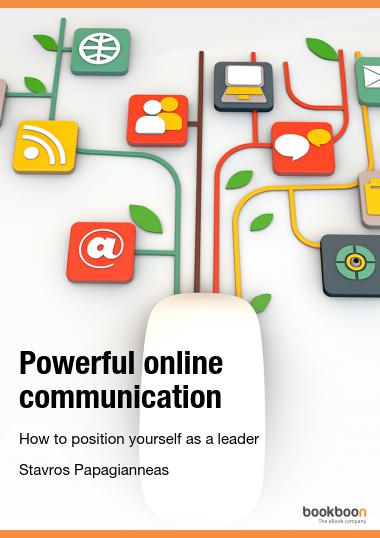5 Steps to Successfully Managing Your Online Reputation

“It takes 20 years to build a reputation and five minutes to ruin it. If you think about that, you’ll do things differently.” (Warren Buffett)
Trust, credibility, respectability and reputation are the most valuable assets a person or company can possess. Your online reputation shapes your professional success as your presence on the internet, your publicity, is often the first thing that people find out about you. Before using a company’s services, 95 % of people consult the internet and 72 % trust reviews online. Once your online reputation is damaged, you will lose money and opportunities, and it is very difficult to mitigate the negative effects and redress a trust deficit.
Therefore, protecting your online reputation, brand or business against digital attacks and the risk of online assassination is of utmost importance. This goes especially for businesses and people who are very much in the public eye such as entrepreneurs, CEOs, politicians, journalists and celebrities but also applies to everybody else.
Online reputation management
This means that you establish yourself as a credible resource in your field, keeping the most relevant results about your organisation on a search engine’s first page. Any negative content about you or your organisation signifies an increased risk of losing opportunities.
Reputation management
The following steps will help you to stay on top of your online reputation:
1. Buy your domain name
If you buy the relevant domains with your name in it (e.g. on GoDaddy.com), you can prevent others from taking them or using them against you in the future.
2. Google yourself
Search your name on both Google and Google images to assess your results. You can also set up a Google alert on your name or the name of your organisation to keep track of any new content.
3. Build a presence on social media
Social media are a powerful tool to drive traffic to your website. Create profiles on the most important social networks: Facebook, Twitter, LinkedIn and Google+. Ideally, new content should be added once a week; for example, you can give brief updates, post links, pictures or articles that you like. For companies, it is important to examine how they can best use each platform and which social media are the most suitable for their business.
4. Create a personal website
On your own website, you can easily assemble all essential content in one place. Write a short bio about yourself, provide contact information and also include your blog. A personal website is an excellent means of directing potential stakeholders to the most important information.
5. Keep an active blog
Blogging should be an integral part of your online content marketing strategy, regardless of the size of your business. By sharing interesting advice through blog posts you can position yourself as a key expert in your industry and get in touch with influential people, who can support your career or business. A blog can also boost your professional activities and drive traffic to your website as blog posts can be shared across social media channels.
By thus creating your own content and optimising your profiles, you can push any negative content down to the third page of the search results – that’s successful reputation management.
We hope you enjoyed this article!
If you are interested, here you can find the first blog article from this eBook Crisis Management: 4 Practical Tips to Communicate Efficiently in a Crisis.



